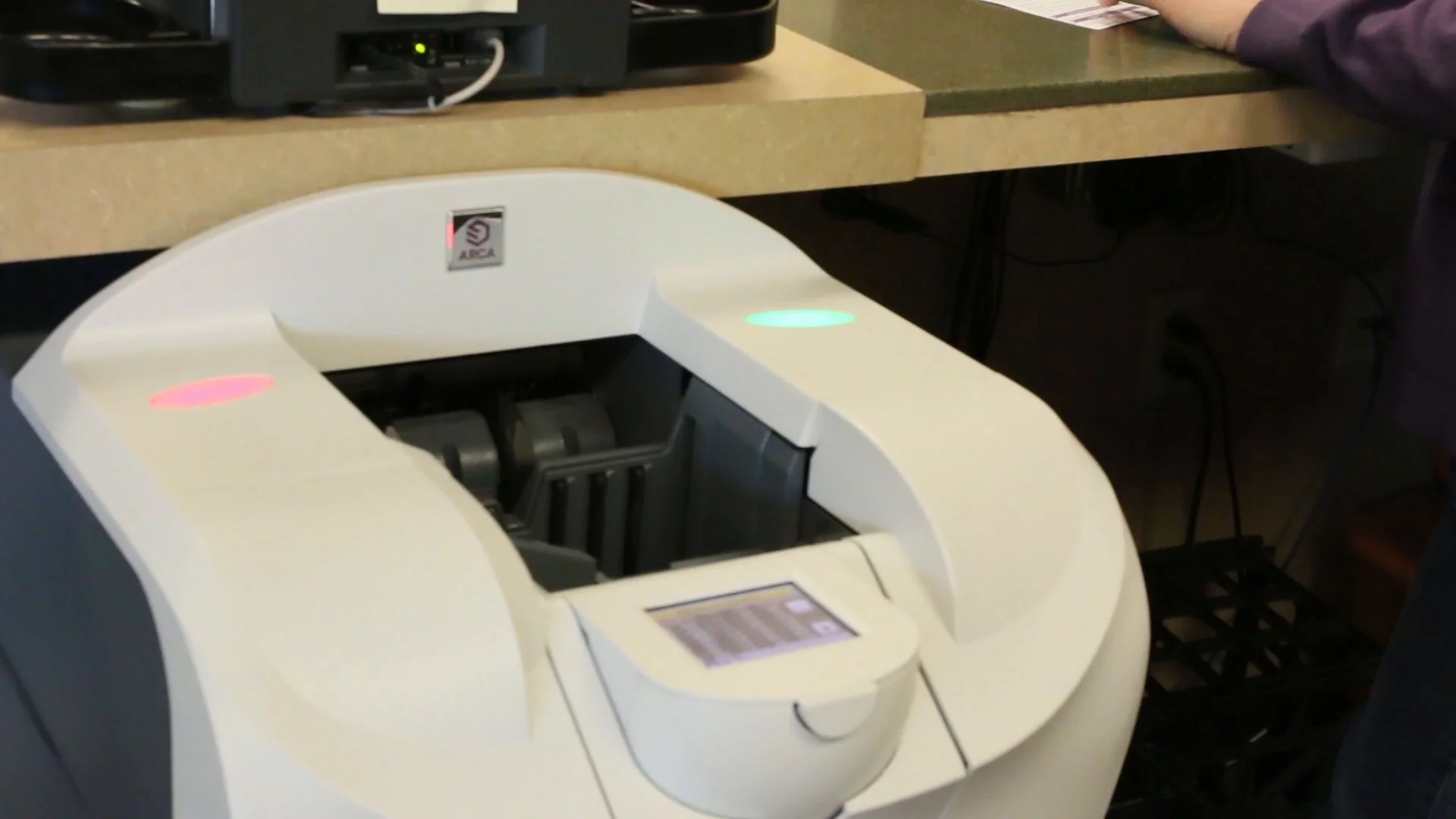
You’ve seen them. They’re everywhere. Outside banks, grocery stores, malls, and restaurants. Those big armored trucks, loaded with cash and parked close to the entrance so armed guards can carry bags of money back and forth.
Cash-in-transit is the official term for this type of cash delivery and pickup service. But technically, cash in transit also just describes the physical transfer of bills and coins from one location to another.
If you think about it that way, cash is always in “transit”. It’s either being moved to and from banks and retailers or moving around within those businesses from back offices to cash registers and back again. No matter where it’s going, moving it securely and adding accountability to the process takes time and costs money.
If you’re a financial institution or retail business, you’re all too familiar with the costs of transporting cash. But it isn’t just the transit costs, it’s the time you spend scheduling cash pickups and deliveries, managing cash inventory and estimating cash needs.
Cash automation devices like cash recyclers make cash handling easier and more efficient but they also have other benefits across the cash management process.
- Recyclers capture data about cash usage. You can estimate cash needs more accurately and reduce cash inventory expenses by 15-40%.
- Recyclers improve the efficiency of cash deliveries. A recycler can count cash deliveries from cash-in-transit companies and process that inventory directly into the recyclers — eliminating the need for two people to count and recount cash whenever it changes hands.
- Recyclers simplify staffing. You can staff more efficiently and easily comply with security policies that control the way exposed cash is handled and moved.
Advia Credit Union implemented cash recyclers to automate their manual cash handling processes with the goal of improving their customer service experience. Not only did they achieve that goal but they also enjoyed many other surprising benefits including better CIT management.


